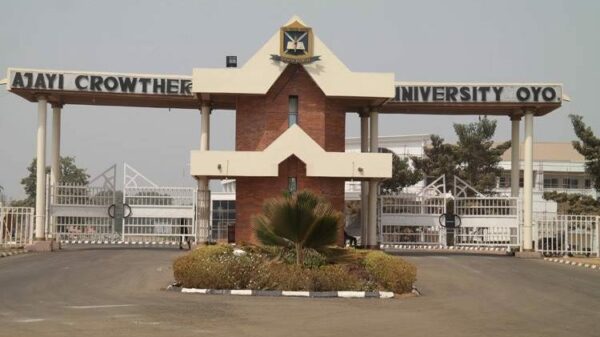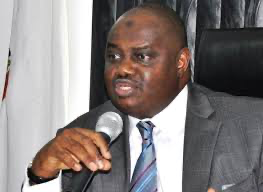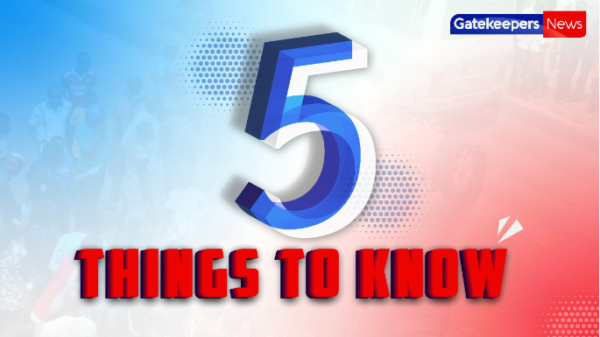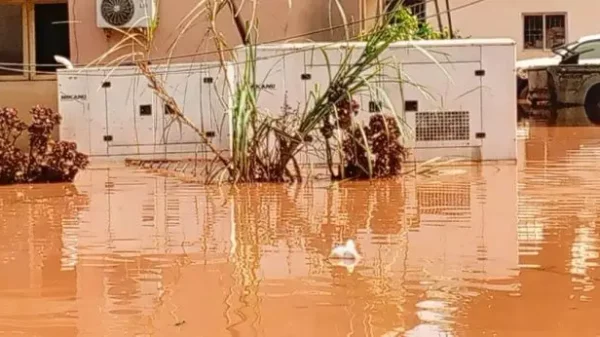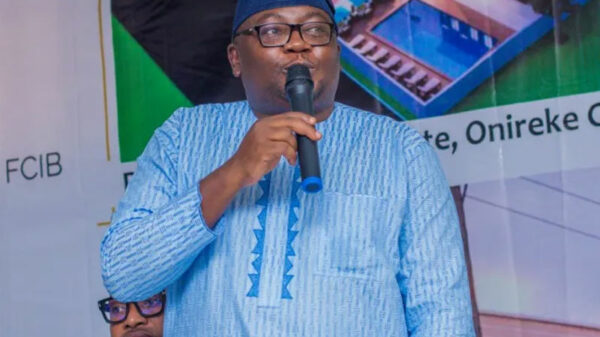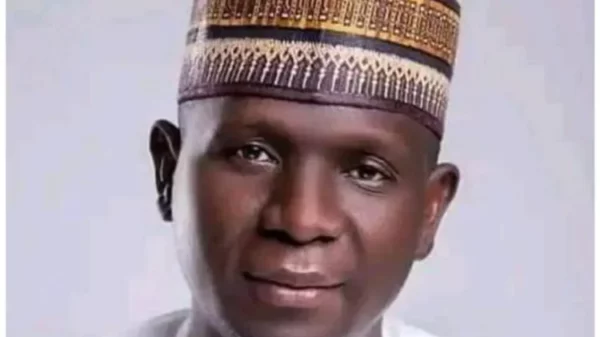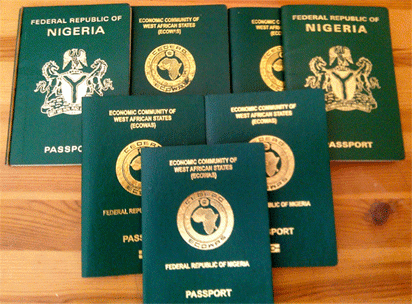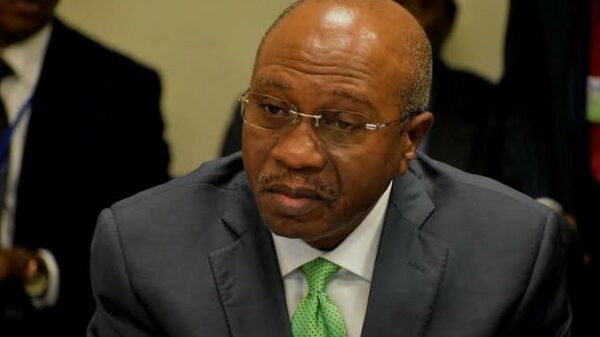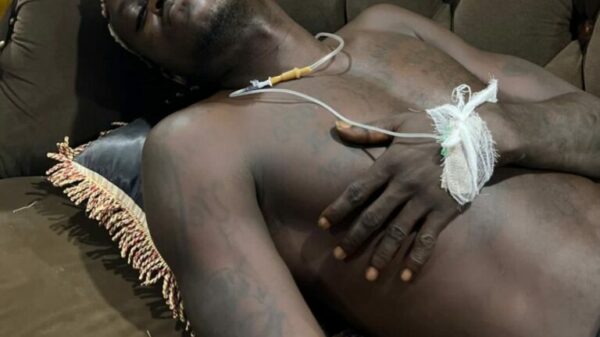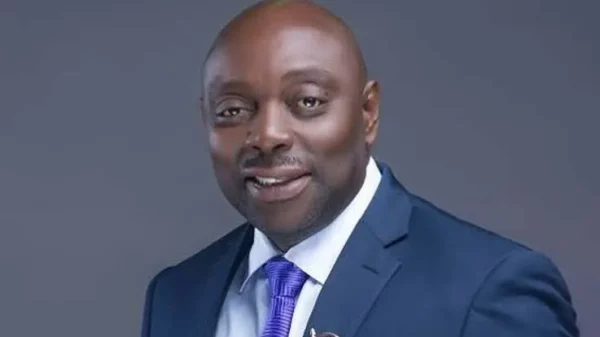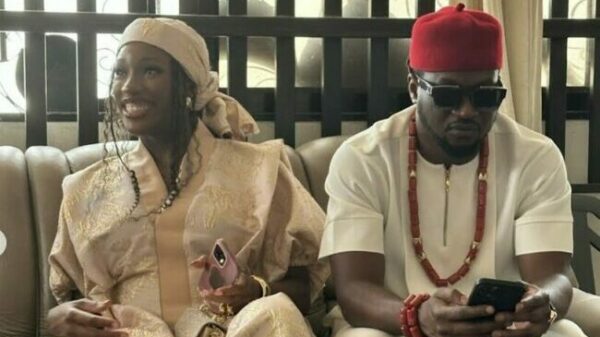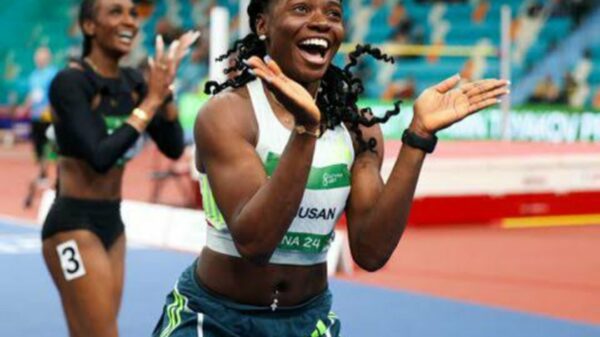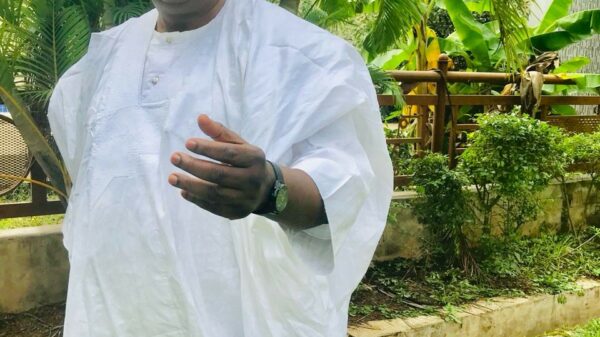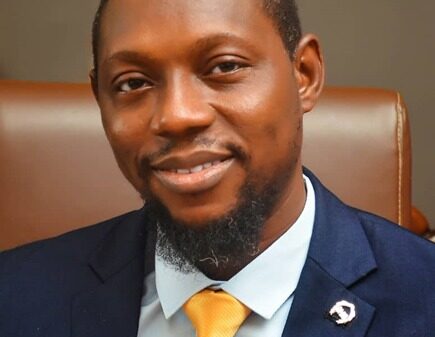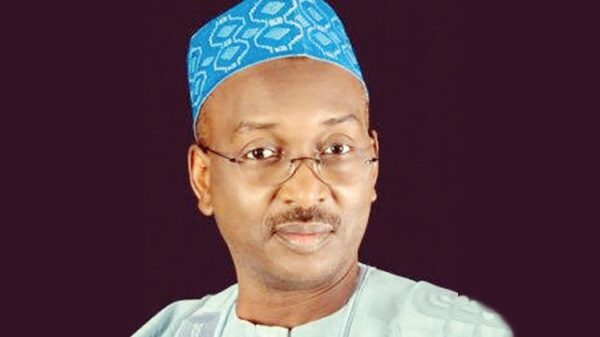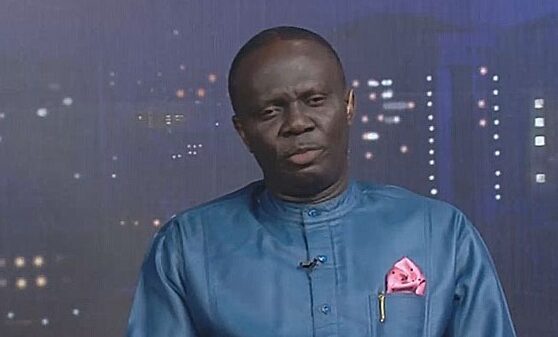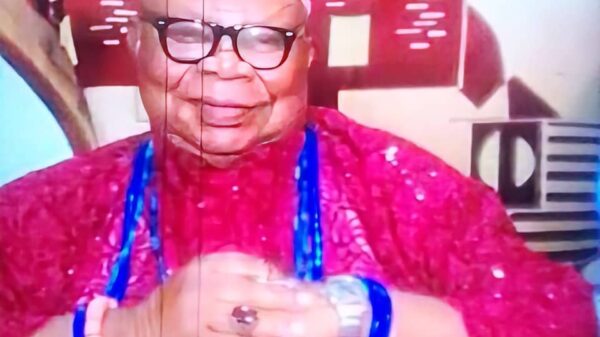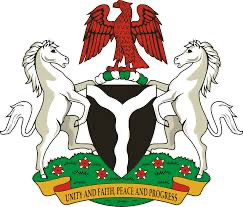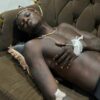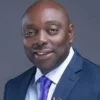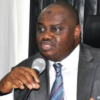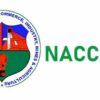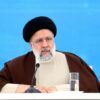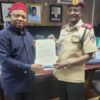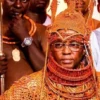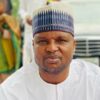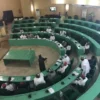Of Public Media, The New Government And Good Governance By AbdulWarees Solanke
When a writer’s pen bleeds with bitterness in the press, it is caustic and when on air, a broadcaster or public affairs analyst is unsparing of public officials, his words and views are said to be toxic to the extent that they may even become hate speeches.
Unfortunately, such views whether from caustic pens or as toxic voices, they could also be laced with baseless rumours, deliberate distortions, weird exaggerations, unfounded allegations and half-truths with poor or without research which portraýs lack of diligence from the purveyors.
These are the realities of fake news and hate speeches that permeate media and public discourses today. This phenomenon is the bane of journalism and broadcasting in our land, pushed to the most dangerous limit by the borderleess social media responsible for engineering wars and conflicts in many countries where bullet, blood and tears have replaced clean water, pure honey and satisfying or cooling milk; where children toys are now guns and grenades, where your next door neighbour is your potential murderer.
Indeed, the average newspaper columnist in Nigeria seethes with bitterness; most anchor-men on radio and television are harsh and unsparing while leading discussions on government policies and actions; the on-line media, including champions of citizen journalism and bloggers are in a world without borders, lashing ferociously at what they consider bad governance in our land.
So all who are concerned with the stability of our polity and the survival of the nation are pleading for the tempering of the caustic pens and sanitizing of the toxic voices who are setting public agenda in the mass and social media and shaping the opinion of the citizens on how the country should be run.
Sometimes in 1992 or 1993, as a political correspondent in the defunct *National Concord* it was my turn to fill the week’s *Political Searchlight* page that normally appears on Thursdays. My topic was *Eggheads in IBBs cabinet.* Most Nigerians current with the military politics of the era can still remember it was a time professors of scholastic eminence had a strong presence in the government; there was a high visibility of the gowns in on the corridors of power or government, manning strategic ministries, thinking and working for the gap-tooth general in his vision to create a ‘New Nigeria’.
Dodan Barracks and the Federal Secretariat, Alagbon, Ikoyi (and later Aso Rock) were the centres of governance with some of the best in the academia as ministerial superintendents and policy strategists.
From the Soyinkas to the Oyovbaires, the Omo Omoruyis, the Tunji Olagunjus, the Jerry Ganas, the Jubril Aminus, the Eme Awas, the Humphrey Nwosus, to the Tam David Wests, IBB really exploited these names to fan his flame of passion to be remembered as a man of foresight and history.
Dissecting these names and their achievements and failures in government, I raised doubts if those achievements would stand the test of time and serve the national interest.
A senior colleague who read the piece in the first edition of the paper adjudged my submission to be too caustic and toxic, warning me against impugning public officials as I might one day be in need of them in my career.
Our mantra on the political desk, then headed by Tunji Bello was *No friend, no foe.* We needn’t meet you physically for any pre-arranged personality interview to profile you as a public official or politician.
Your work, your antecedents, impressions from friends, colleagues iand foes or the public. the decisions you took in the context you found yourself in the past, what you said or was reported of you before and the circle you moved before coming to public prominence were enough to painstakingly sculpt you on our *Politics on Sunday* and *Political Searchlight* pages.
This was in an age of epileptic telephone. That was in an era with less developed transportation system; an era that email was a luxury and teleconferencing or video conferencing were yet to gain ground.
New media or ICT that crashed information walls, for instance, GSM and all other info gadgets were not yet available – portable gadgets that put information right on our finger tips, on our table tops and on our plain wall without stepping out of our comfort zones and bedrooms, information that ordinarily would have taken thousands of miles of travel, hundred thousands of naira in pocket and millions of naira worth of heavy broadcast equipment with unquantifiable man-hours of toil and hardship to get public officials to talk about themselves.
So, interviewing political personalities and public officials to be featured in newspapers at short deadlines could be quite herculean. When we therefore have an opportunity of meeting you one on one, it was just to confirm the details already on our palms, details you would never know anybody has of you, details you might even have forgotten or you consider inconsequential; details you would think a soothsayer revealed to us.
Ours was a political desk with fidelity to research and history, commitment to objectivity and details to give full and clear picture of who we write on; profound intellectual convictions and critical and questioning minds for our readers not to be left in doubt on any subject or personality we feature
In our character on that desk peopled by fire spitting lieutenants of Bello like the sparkling Sam Omatseye, rigorous Victor Ifijeh, bohemian Louis Odion jocularly called *Mr, Capacity* easy going Gboyega Amobonye, now a Septuagenarian but cheerfully addressed as *the Guvnor* then, silent but hard knocking Felix Oboagwina, the ever-smiling historian on our desk, Jonas Agwuu, now a bright light or multiple star corps marshall in Federal Road Safety Commission, FRSC and my humble self, our pens were understandably caustic and our voices toxic, especially during the rituals of weekly editorial meetings to discuss the contents of our political pages and distribute assignments.
It was an honour to be a member of the desk; it was also an honour to be an associate of the desk as we also often invite some very good hands in the house like Lanre Arogundade, Yomi Idowu, Waheed Odusile, Dan Agbofode etc from the features, foreign and business desks when we needed to treat specialized issues on the political pages.
Each week Thursday and Sunday therefore, our pages were collectors’ items, feared and revered for their fearlessness and objectivity. We were indeed caustic and toxic, but it was genuinely not to destroy. It was our own way of holding public officials and those angling to enter the political arena, responsible and accountable, not beholding to any special interest.
After all, it was in the era of the military preaching level playing ground for the new breed, a time we wanted a clean break from the politics of wetie and penkelemeesi, haraba and other dysfunctional dispositions that sounded the death knell of the first and the second republics.
However, since the late 80s that efforts were initiated, albeit hypocritically, to build the truncated third republic, to the present that we are managing the fourth republic, actions and conducts of many political office holders, their utterances and machinations continued to fertilize the grounds for disturbing writings on paper and online; they continue nurture destabilizing or threatening discussions on air.
Therefore, it is a difficult task asking a writer confronted with the grim abuses by unpatriotic Nigerians in our polity not to see or hear the evil committed by these enemies of Nigeria. It is difficult to pretend that we are on the track to meeting and delivering on the UN development goals, whether the eight millenium ones (MDGs) targeted to be achieved by 2015 or the successor 17 SDGs being pursued. when some public officials are ripping off the nation as they take advantage of the privilege knowledge and information that they have about state policies to feather their own nests;
it is indeed difficult to assume that every stakeholder or key player in government is faithful to the implementation of the development agenda captured in so-called visions in the past and other reform initiatives when we see their compromises and indulgence in corrupt practices; to assume that corruption has been eliminated in our public life.
These are the pains of the caustic pen-wielders and the virulent critics on air. Otherwise, men and women with hollow moral fibres will continue to have excuse for smooth ride to power and wealth at the expense of the state and the citizenry.
The challenge of governance today requires that whistle –blowing becomes a strong pillar of deterring corruption in public life; it also demands fearless but dispassionate criticism of public policies as a tool of evaluating programme and projects cost and impacts; it necessitates robust and incisive discourses and analyses to assist government appreciate the concerns of all interest groups and stakeholders iin the polity ýn order to mainstream such views in delivering public service.
I believe we will soon have very good reasons to temper our caustic pens and toxic voices. Our columnists and anchormen are patriots whose tongues were broken in the past by leaders and public office holders who did not fulfil their electoral promises and constitutional mandates. Our critical columnists and audacious anchormen are straining to keep their voices of reason intact and heard clearly in the interest of the nation, to keep in touch so that the Fourth Republic will survive.
But as nation builders dreaming of Utopia, we have the honor and the onus to ensure that our concern for perfection does not result in chiselling away the entire wood while sculpting a fine artwork of Nigeria or behave like the insane mother throwing away the baby with the birth water after a laborious cleasing.
There must also be something good to tell about our nation, discoveries to be made, hope to be given; praises and adulation to be showered to give encouragement and motivation for good performance and credible public officials. It is therefore gratifying that we are subjecting our caustic pens and toxic voices to the test of honour by allowing for ombudsmen in our operations, rights of reply to the views we canvass and the news we carry, corrigendum on the errors we commit and clearly spelling out our professional code of practice so that the public too can hold us accountable in the performance of our duties.
Check out the Trust, the Punch and other newspapers who have openly declared their policies and ethics on advertorials and conduct of reporters on the field; check out our codes of reporting and the editorial guidelines of our various publications; check out the national broadcasting codes to which our radio and television stations subscribe and you will agree that we are not unaware of our tendencies or excesses and have therefore established in-built mechanisms for self-regulation to check ourselves and temper our caustic pens in while mirroring the nation. After all, in our love for Nigeria which inspire such bitterness, we hate to see our pens bleed to death or our voices silenced at all.
So, the primary onus of ending fake news and hate speeches in any polity is Good Governance denoted with the following characteristics as outlined by the World Bank: participatory, consensus oriented, accountable, transparent, responsive, effective and efficient, equitable and inclusive and follows the rule of law.
These canons of Good Governance should be very discernible in the policies, programmes, agenda and initiatives of the new government led by President Bola Ahmed Ťinubu.
AbdulWarees Solanke,, Deputy Director, Stategic Planning & Corporate Development atbVoice of Nigeria (VON), Abuja writes via [email protected]


